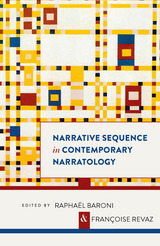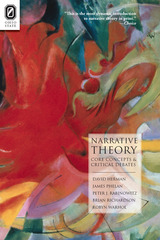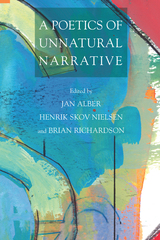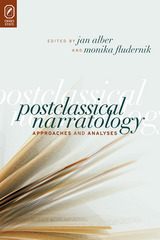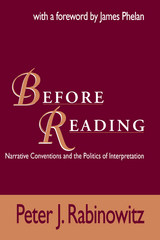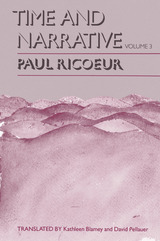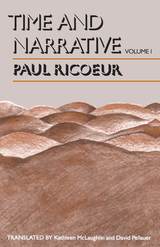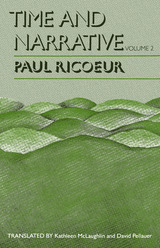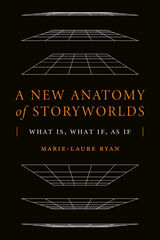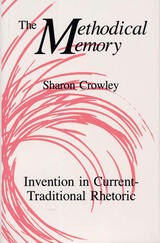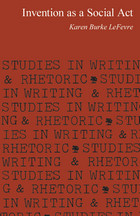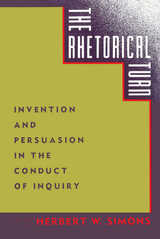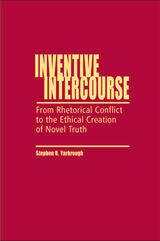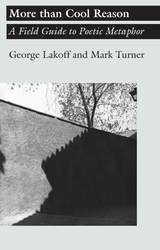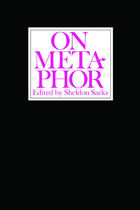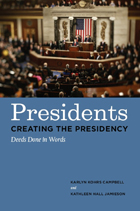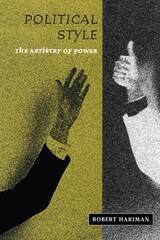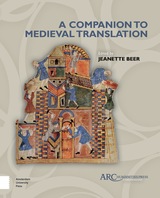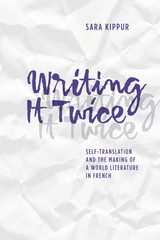A Self Made of Words: Crafting a Distinctive Persona in Nonfiction Writing
University of Iowa Press, 2013
Paper: 978-1-60938-194-3 | eISBN: 978-1-60938-214-8
Library of Congress Classification PN218.K56 2013
Dewey Decimal Classification 808.02
Paper: 978-1-60938-194-3 | eISBN: 978-1-60938-214-8
Library of Congress Classification PN218.K56 2013
Dewey Decimal Classification 808.02
ABOUT THIS BOOK | AUTHOR BIOGRAPHY | REVIEWS | TOC | REQUEST ACCESSIBLE FILE
ABOUT THIS BOOK
Klaus divides his book into two parts: first, an introduction to the nature and function of a persona, then a survey of the most important elements of writing that contribute to the character of a persona, from point of view and organization to diction and sentence structure. Both parts contain exercises that will give you practice in developing a persona of your choice. Challenging and stimulating, each of his exercises focuses on a distinctly different aspect of composition and style, so as to help you develop the skills of a versatile and personable writer. By focusing on the most important ways of projecting your self in nonfiction prose, you can learn to craft a distinctive self in your writing.
Confident or fretful, solemn or sassy, tough or tender, casual or formal: the self you project in writing—your persona—is the byproduct of numerous decisions you make about what to say and how to say it. Though any single word or phrase or sentence might make little difference within the scope of an entire essay or book, collectively they create an impression of who you are or seem to be—an impression that’s sure to influence how readers respond to your work. Thus it’s essential to take charge of how you come across on the page, to craft an appropriate persona for whatever you’re writing, whether it’s a personal essay, a blog, a technical report, a letter to the editor, or a memoir. In this wise and ingenious little guide, noted essayist Carl Klaus shows you how to adapt your self to the needs of such varied nonfiction, by varying his own persona to illustrate the distinctive effect produced by each aspect and element of writing.
Klaus divides his book into two parts: first, an introduction to the nature and function of a persona, then a survey of the most important elements of writing that contribute to the character of a persona, from point of view and organization to diction and sentence structure. Both parts contain exercises that will give you practice in developing a persona of your choice. Challenging and stimulating, each of his exercises focuses on a distinctly different aspect of composition and style, so as to help you develop the skills of a versatile and personable writer. By focusing on the most important ways of projecting your self in nonfiction prose, you can learn to craft a distinctive self in your writing.
See other books on: Crafting | Essay | Problems, exercises, etc | Self in literature | Words
See other titles from University of Iowa Press


